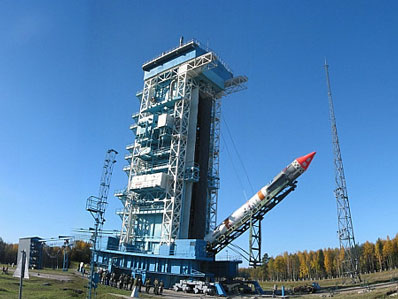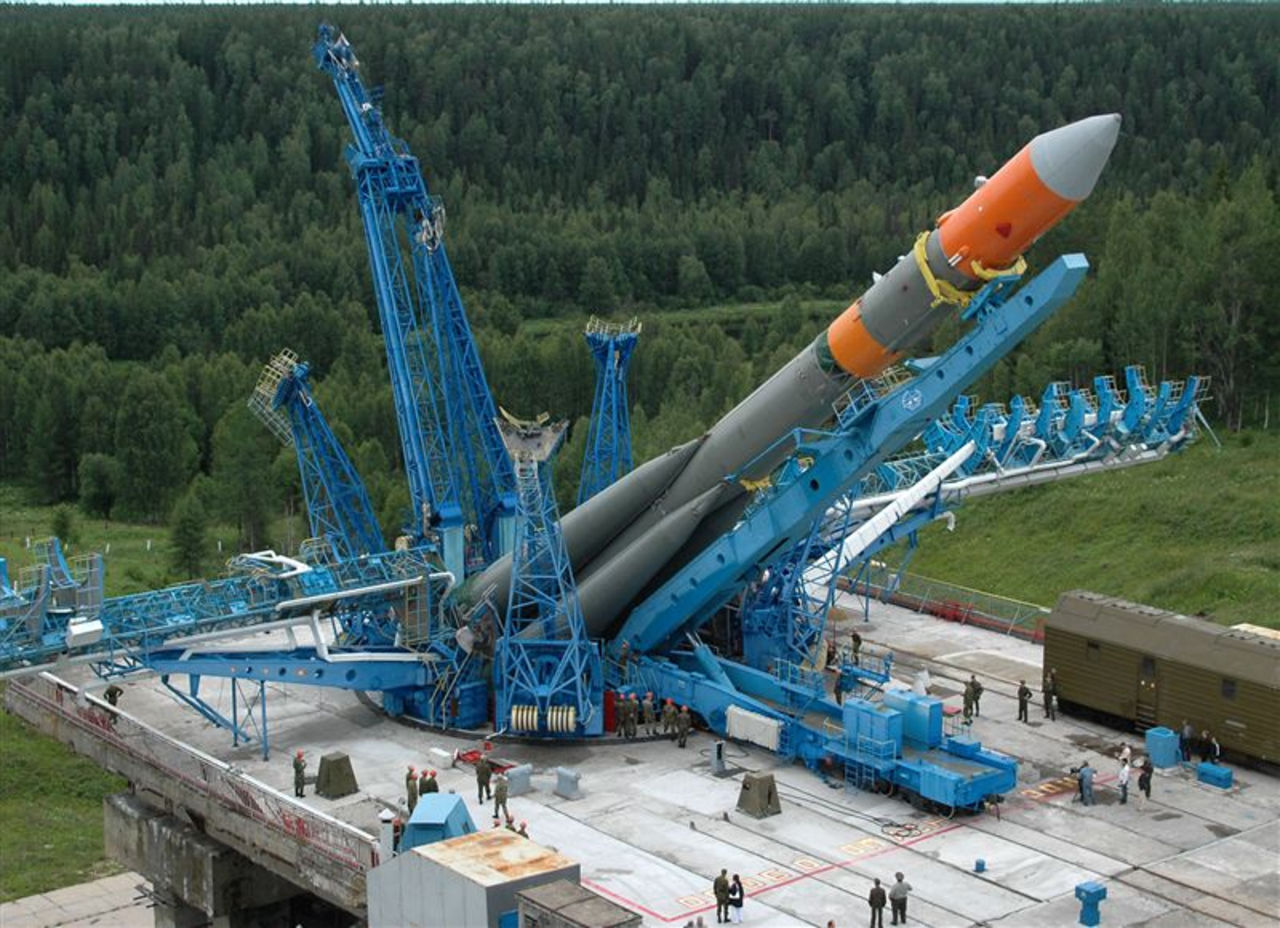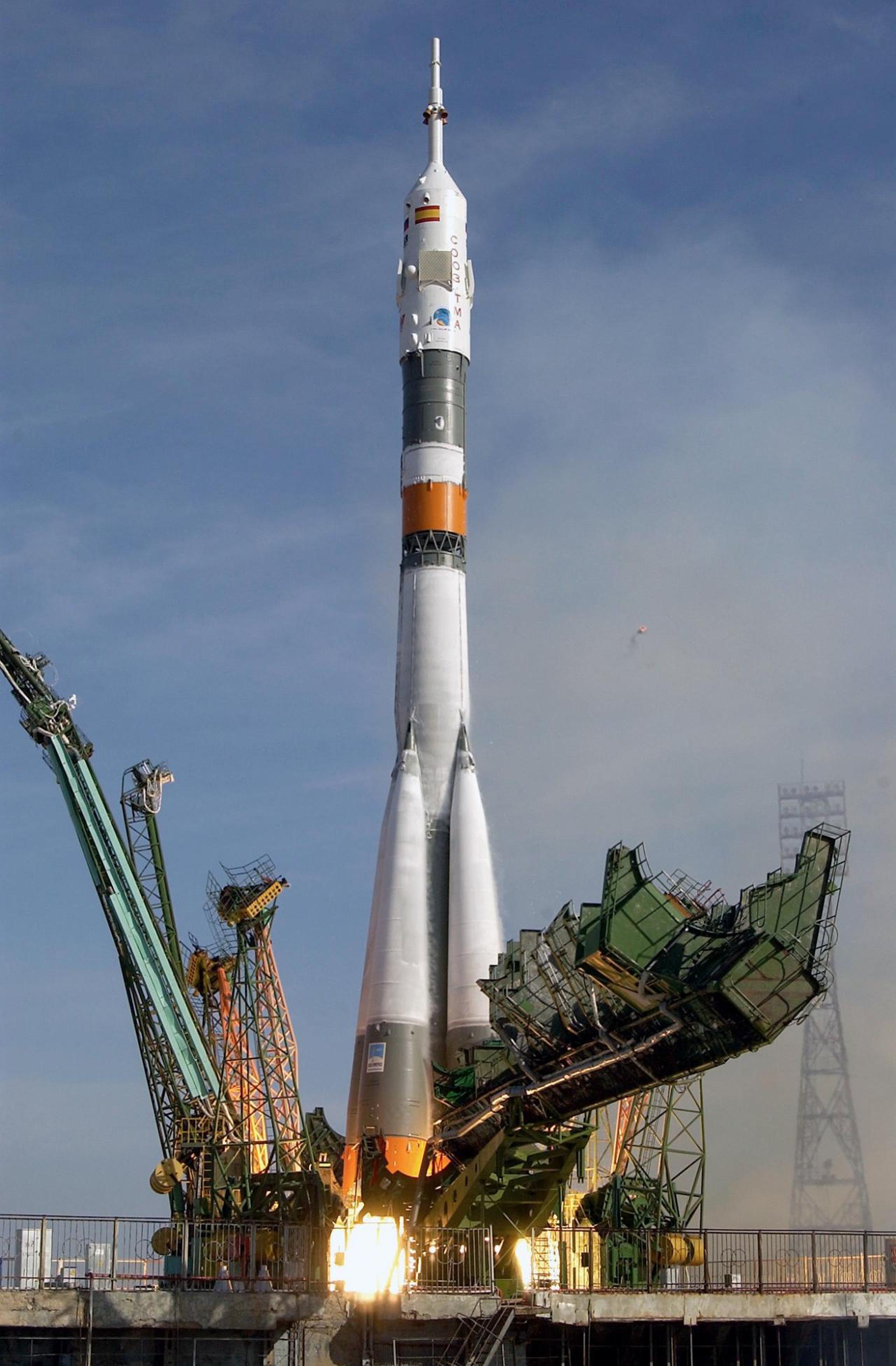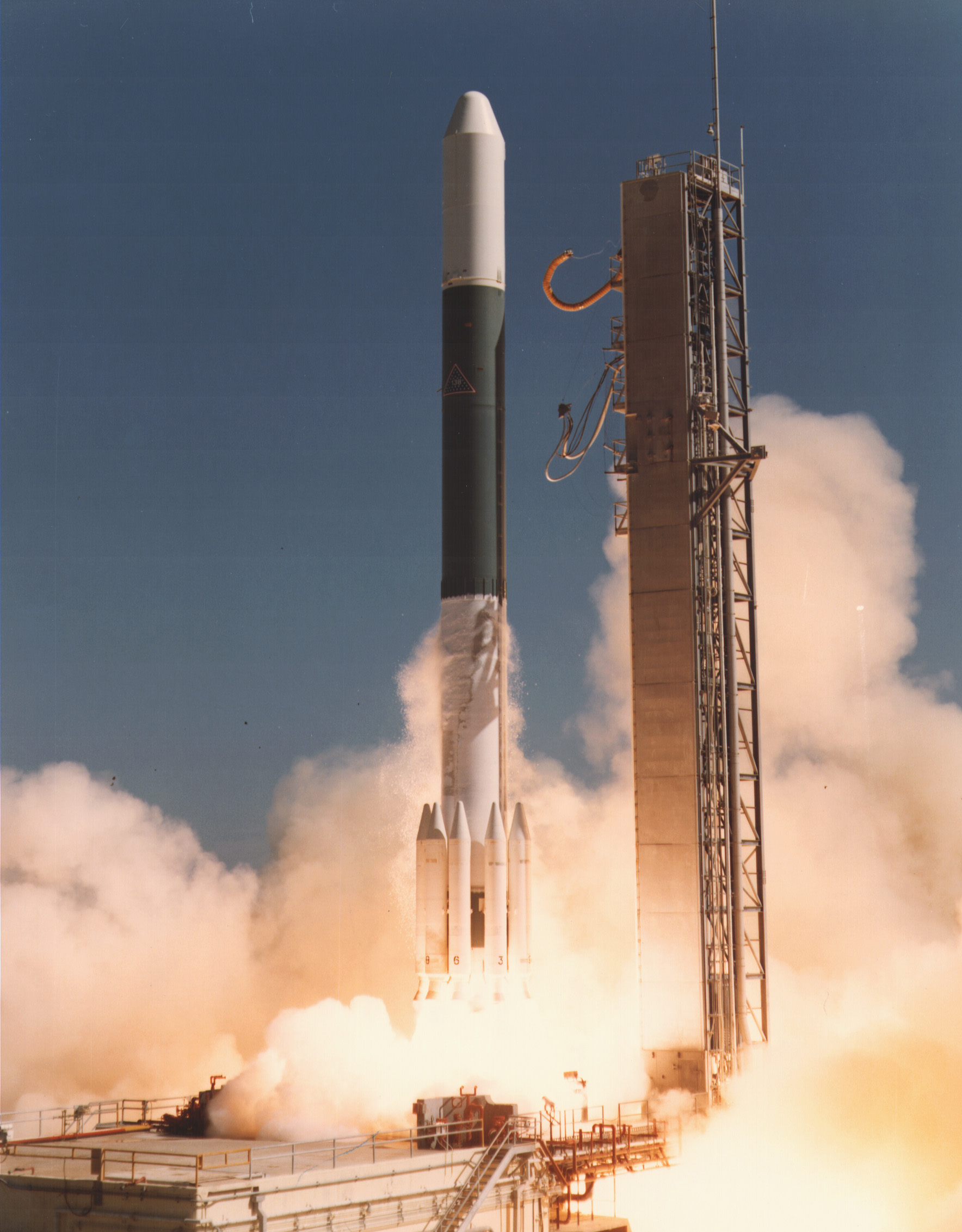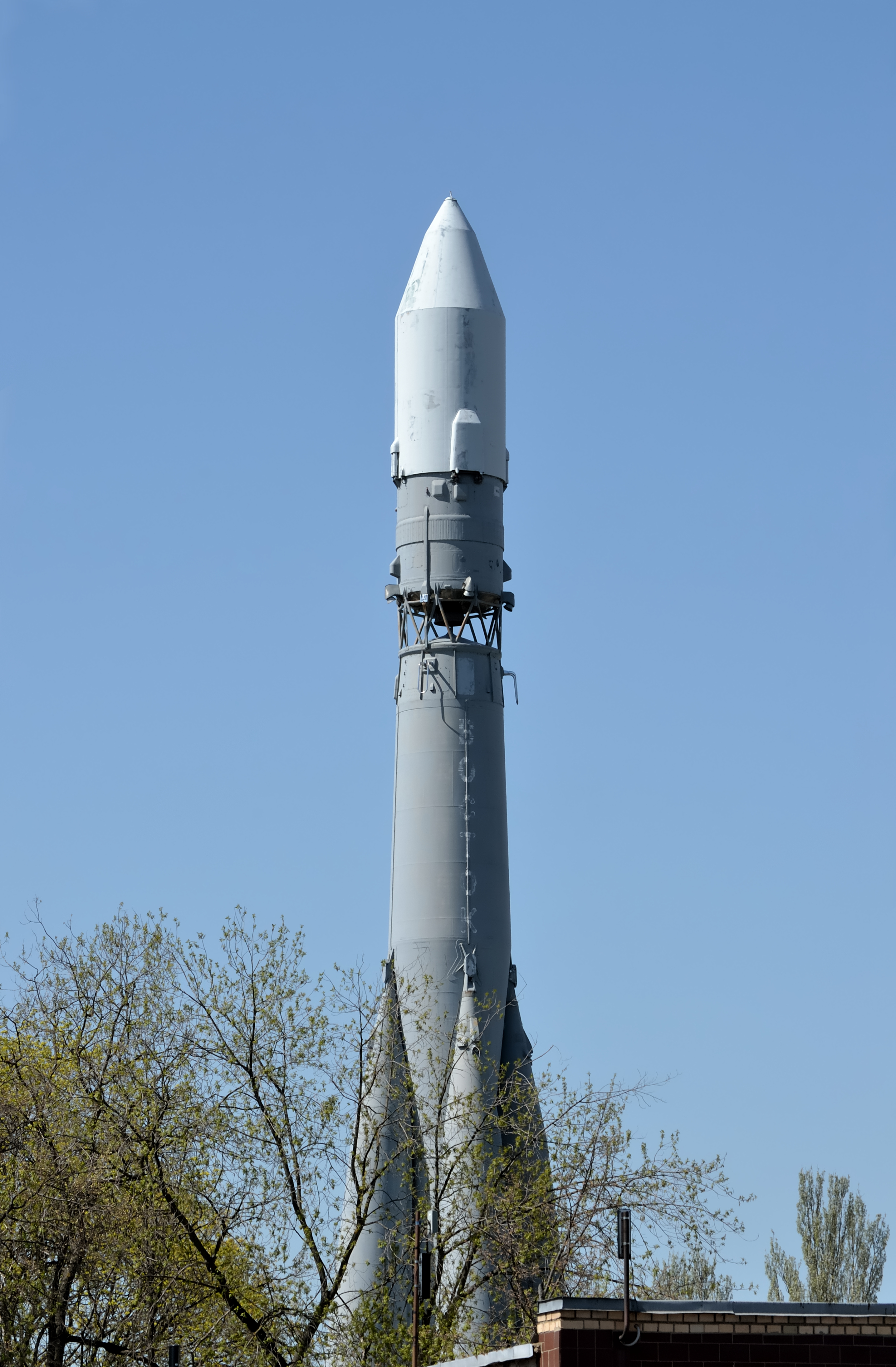Previous Spaceflight Launches
Filter by Agency, Locations or Vehicles
Show All LaunchesKosmos-3M | Oval
Russian Space Forces | RussiaPlesetsk Cosmodrome, Russian Federation
March 29, 1977, 11 p.m.
Kosmos-3M | Tselina-O 34
Russian Space Forces | RussiaPlesetsk Cosmodrome, Russian Federation
March 24, 1977, 10:11 p.m.
Molniya-M | Molniya-1K 36
Russian Space Forces | RussiaPlesetsk Cosmodrome, Russian Federation
March 24, 1977, 11:51 a.m.
Soyuz U | Zenit-2M 75
Russian Federal Space Agency (ROSCOSMOS) | RussiaPlesetsk Cosmodrome, Russian Federation
March 17, 1977, 8:30 a.m.
Titan 24B | KH-8 48
Lockheed Martin | United States of AmericaVandenberg SFB, CA, USA
March 13, 1977, 6:41 p.m.
Delta 2914 | Palapa A2
McDonnell Douglas | United States of AmericaCape Canaveral SFS, FL, USA
March 10, 1977, 11:16 p.m.
Soyuz U | Zenit-4MK 75
Russian Federal Space Agency (ROSCOSMOS) | RussiaPlesetsk Cosmodrome, Russian Federation
March 10, 1977, 11 a.m.
Soyuz U | Zenit-6U 2
Russian Federal Space Agency (ROSCOSMOS) | RussiaPlesetsk Cosmodrome, Russian Federation
March 3, 1977, 10:30 a.m.
Vostok 8A92M | Tselina-D 11
RKK Energiya | RussiaPlesetsk Cosmodrome, Russian Federation
Feb. 26, 1977, 9:18 p.m.
N-I | Kiku 2
Mitsubishi Heavy Industries | JapanTanegashima Space Center, Japan
Feb. 23, 1977, 8:50 a.m.
